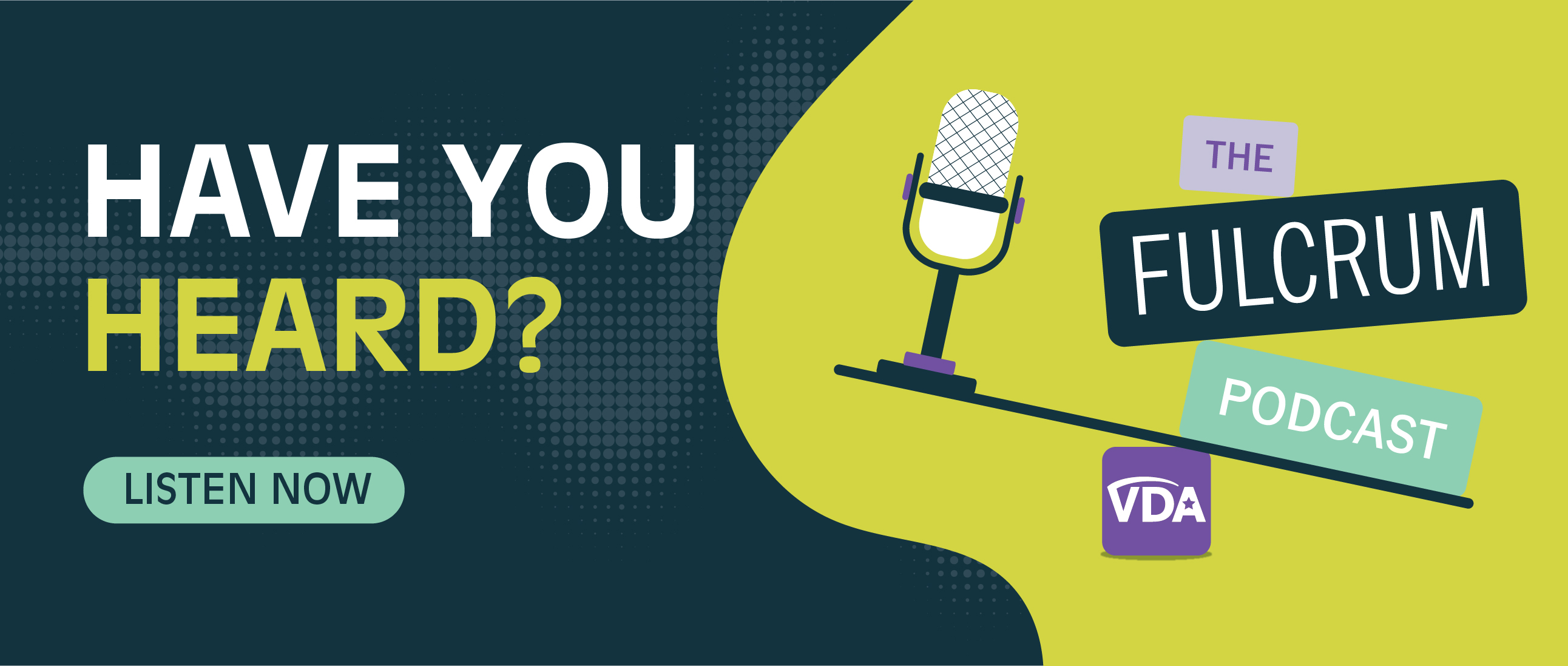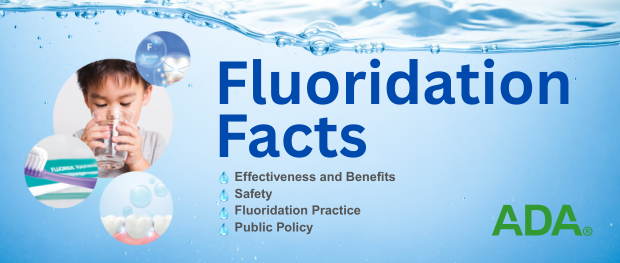
Waterpipes: Why Using a Hookah Is Like Smoking 100 Cigarettes
Whether you call it a hookah, hubble-bubble, shisha or goza, a waterpipe by any name is hazardous to your health. Research published in the October 2015 issue of the Journal of the American Dental Association finds that waterpipe smoking is associated with gum disease, oral cancer,esophageal cancer and dry sockets, among other serious health conditions like lung cancer and heart disease.
These findings may come as a surprise to the 2.3 million Americans who smoke waterpipes. “The public needs to know they are putting themselves at risk,” says study author Dr. Teja Munshi. “They should be made aware of the dangers of smoking hookahs.”
Waterpipe smoking, which began 400 years ago in ancient India, is often done in groups and on the rise among young people thanks to the popularity of hookah cafes. Up to 34% of 13-15-year-olds have tried it, and up to 20% of college students have also smoked a waterpipe.
A waterpipe heats up special tobacco, often available in flavors such as strawberry, cotton candy and spiced chai. That smoke makes its way through a pot of water in the pipe and is inhaled through a rubber hose with a mouthpiece. The level of nicotine in this tobacco is not currently regulated, and there are no age restrictions on who can frequent hookah cafes or buy related paraphernalia.
Because one waterpipe session can last up to 80 minutes, a smoker could take between 50-200 puffs, compared to cigarettes, which usually take 5-7 minutes to smoke and can be finished in 40-75 puffs. In fact, the World Health Organization reports that one waterpipe session is the same as smoking 100 cigarettes. “Whether you are smoking a cigarette, a cigar, or tobacco from a waterpipe, smoking is dangerous not only to your oral health but to your overall health,” says JADA Editor Michael J. Glick, D.M.D.









